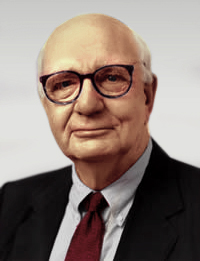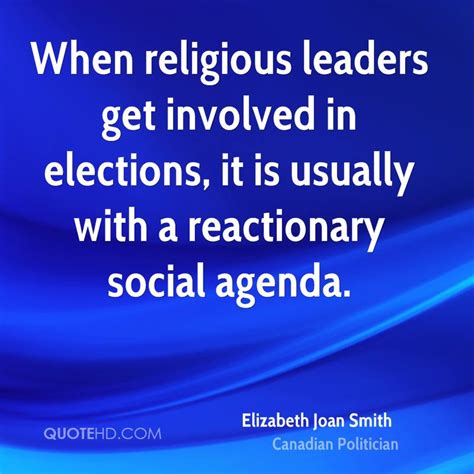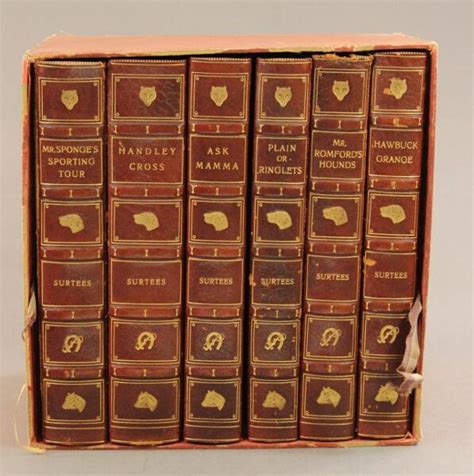Top 24 Cheapness Quotes & Sayings
Explore popular Cheapness quotes.
Last updated on April 14, 2025.
When a thing is bought not for its use but for its costliness, cheapness is no recommendation. As Sismondi remarks, the consequence of cheapening articles of vanity, is not that less is expended on such things, but that the buyers substitute for the cheapened article some other which is more costly, or a more elaborate quality of the same thing; and as the inferior quality answered the purpose of vanity equally well when it was equally expensive, a tax on the article is really paid by nobody: it is a creation of public revenue by which nobody loses.
In 302, the Roman emperor Diocletian commanded "there should be cheapness," declaring, "Unprincipled greed appears wherever our armies ... march. ... Our law shall fix a measure and a limit to this greed." The predictable result of Diocletian's food price controls were black markets, hunger and food confiscation by his soldiers. Despite the disastrous history of price controls, politicians never manage to resist tampering with prices -- that's not a flattering observation of their learning abilities.
The inner sort of consumer identity got the best of people. And everybody just wants things for free. And that's created this strange kind of cheapness to everything, where everything becomes throwaway. And people, I think, have started to undervalue things, maybe because there's too much, maybe because it's too easy to make, but I think mostly just because, somehow, that's the pattern that got set. And I think that's regrettable.
People want to buy cheap and sell dear; this by itself makes them countertrend. But the notion of cheapness or dearness must be anchored to something. People tend to view the prices they’re used to as normal and prices removed from these levels as aberrant. This perpective leads people to trade counter to an emerging trend on the assumption that prices will eventually return to “normal”. Therein lies the path to disaster.
The consumer wants food to be as cheap as possible. The producer wants it to be as expensive as possible. Both want it to involve as little labor as possible. And so the standards of cheapness and convenience, which are irresistibly simplifying and therefore inevitably exploitive, have been substituted for the standard of health (of both people and land), which would enforce consideration of essential complexities.
Another success is the post-office, with its educating energy augmented by cheapness and guarded by a certain religious sentimentin mankind; so that the power of a wafer or a drop of wax or gluten to guard a letter, as it flies over sea over land and comes to its address as if a battalion of artillery brought it, I look upon as a fine meter of civilization.
The cheapness of wine seems to be a cause, not of drunkenness, but of sobriety. ...People are seldom guilty of excess in what is their daily fare... On the contrary, in the countries which, either from excessive heat or cold, produce no grapes, and where wine consequently is dear and a rarity, drunkenness is a common vice.
The very cheapness of literature is making even wise people forget that if a book is worth reading, it is worth buying. No book is worth anything which is not worth much; nor is it serviceable, until it has been read, and re-read, and loved, and loved again; and marked, so that you can refer to the passages you want in it.





















